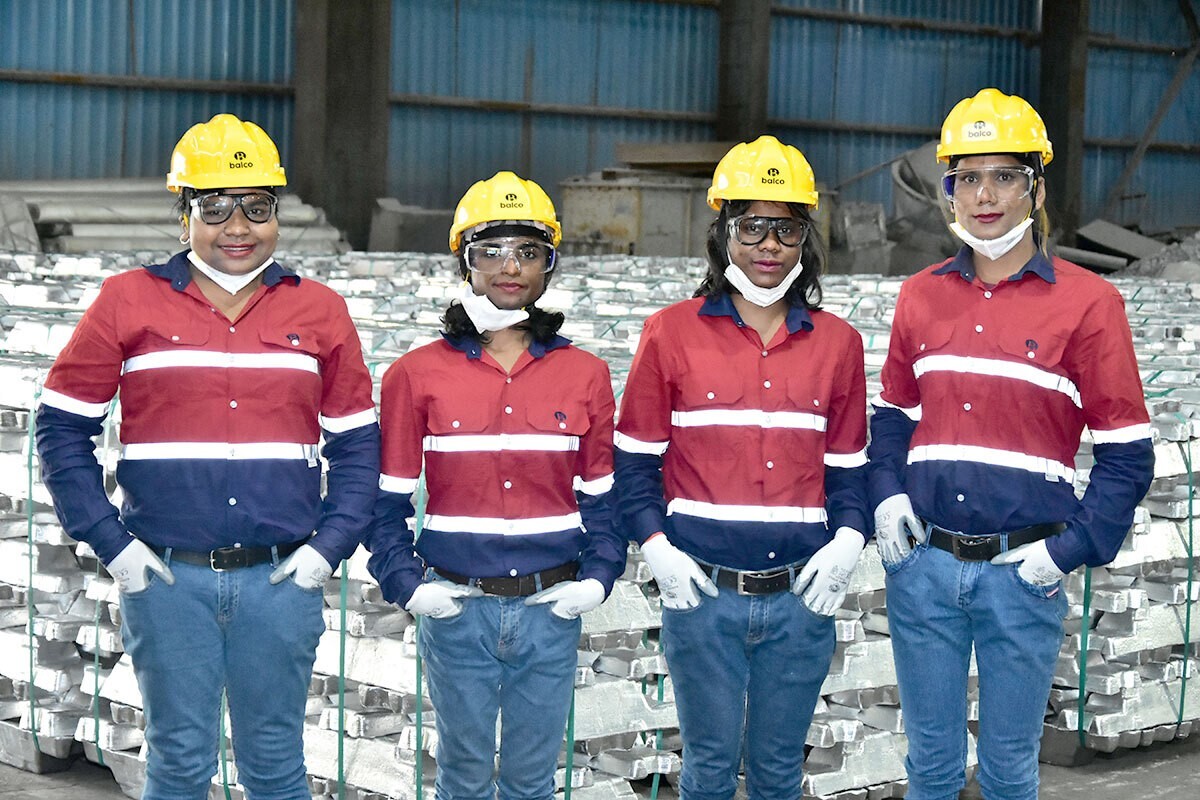

Vedanta Aluminium, India’s largest aluminium producer and a business of Vedanta Group Ltd., is operating outside the conventional gender norms in a hardline manufacturing sector. It has decided to recruit 15 transgender employees in 2026, bringing the total to 44 at its Jharsuguda (Odisha) and Korba (Chhattisgarh) units.

Image soure: Vedanta Aluminium
The beginning of Pride Month has showcased a number of stories of inclusion from across the world, but Vedanta's decision represents a substantial shift towards inclusivity as a strategic advantage rather than a symbolic action. This can surely be acknowledged as one of the largest workplace integration drives in India's manufacturing sector, based on a straightforward business case.
Rajiv Kumar, CEO of Vedanta Aluminium, said, “Inclusivity is not just a moral obligation; it is a strategic necessity. A diverse workforce brings fresh perspectives, drives innovation, and strengthens our adaptability—essential elements in today’s fast-evolving industrial world. “
Beyond hiring: building systems of support
At the core of the initiatives advocated in Vedanta is a strong support framework. Trans employees gain 30 days of paid leave and INR 2 lakh toward surgery for gender reaffirmation. Six employees accessed these entitlements, along with two employees who are using education allowances. We can see the policies are changing lives and careers.
Rajiv Kumar further notes, “By empowering transgender individuals with supportive policies and equal opportunities, we are not only building a workplace rooted in respect and dignity but also setting a benchmark for inclusive growth within Indian manufacturing.”
Stories like that of Alka, a security supervisor at BALCO, share her remark on the impact of the gender reaffirmation policy. “Previously, planning and executing gender reassignment surgery could take years. Now, thanks to BALCO’s policies, LGBTQ+ employees benefit from 30 days of paid leave and INR 2 lakh for gender reaffirmation surgery.”
Data that drives change
The manufacturing sector in India has struggled for many years with diversity. Vedanta Aluminium, with a production output of over 2.42 million tonnes of aluminium in FY25 (this accounted for more than half of India's total production), is using its leadership role to change this trajectory. Their consistent record of being ranked second best globally in the S&P Global Corporate Sustainability Assessment 2024 is further evidence that inclusiveness and sustainability can co-exist.
Community-level impact
Vedanta has also implemented a wide range of progressive measures to promote transgender employees' integration and general well-being. These policies include access to laser hair removal procedures and statutory perks such as higher education allowances, financial and leave support for gender reaffirmation surgeries and sensitisation programmes.
While most diversity conversations in the boardrooms in India seem to be only focused on adding female representation, Vedanta Aluminium has broadened its scope to include all gender identities. This bold thinking encourages manufacturing counterparts to reconsider their inclusion definitions and operating models.
As India moves towards a greater role in global manufacturing, examples such as Vedanta Aluminium's case show that social sustainability is as important an element as economic growth. By embedding inclusivity into its core business, Vedanta is not just producing aluminium. It is shaping a more humane future for the industry.
Responses








